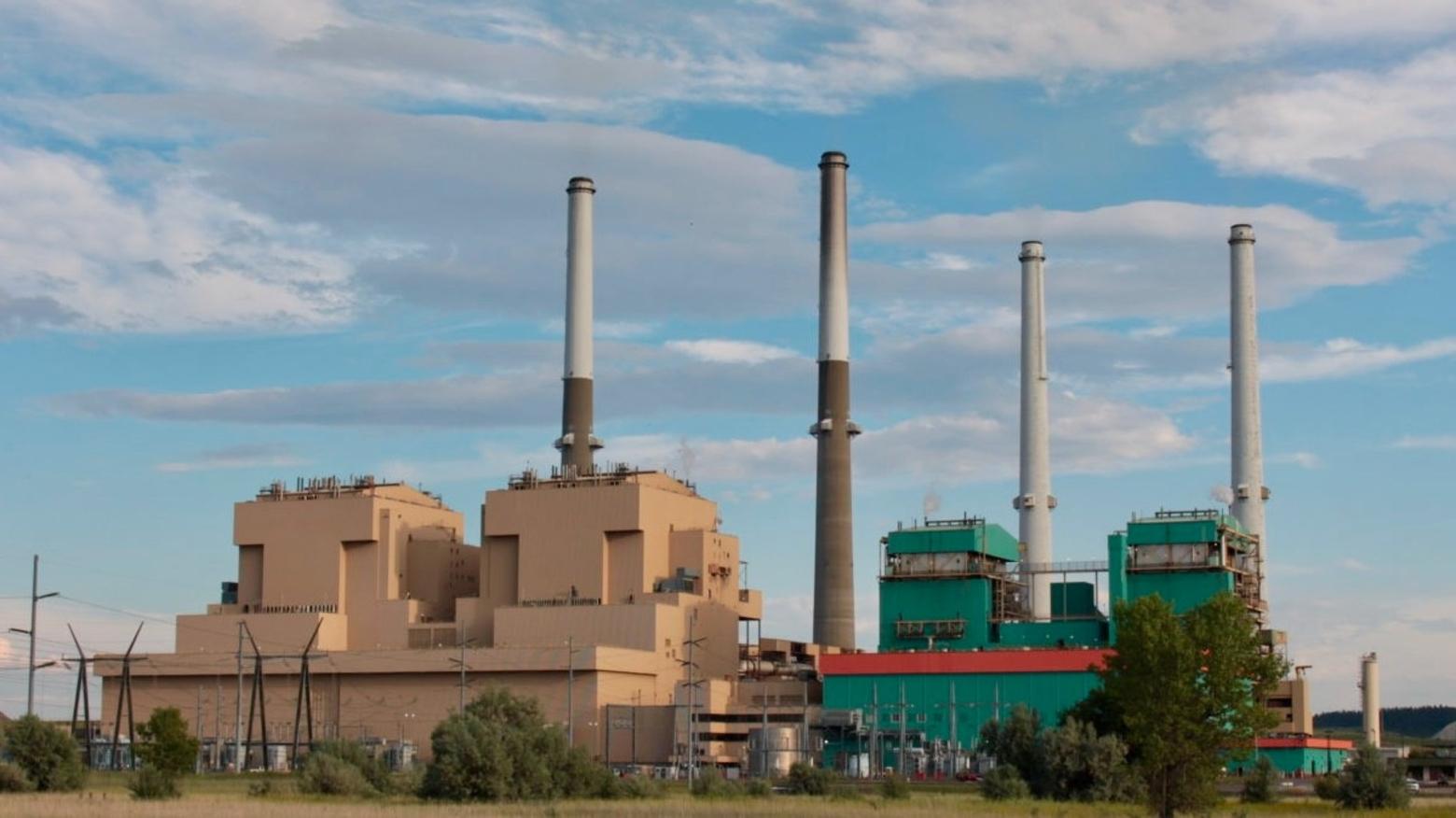Back to StoriesMontana, Wyoming Among States Petitioning Supreme Court to Block EPA’s new Pollution Standards
July 26, 2024
Montana, Wyoming Among States Petitioning Supreme Court to Block EPA’s new Pollution StandardsThe rule has major implications for Colstrip, Montana's largest coal-fired power plant
by Amanda Eggert, Montana Free Press
Montana and Wyoming are among 20 states petitioning the U.S. Supreme Court to block new climate change-oriented emissions standards from taking effect.
Montana Attorney General Austin Knudsen, along with 19 of his Republican colleagues in other states, on Tuesday asked the nation’s highest court to order an emergency stay of a rule the U.S. Environmental Protection Agency adopted in April to curtail greenhouse gases emitted by fossil fuel plants.
The EPA argues that requiring power plants to capture and sequester their emissions will help the United States reduce the energy sector’s contribution to climate change and prevent illnesses and early deaths associated with pollution from coal- and gas-fired power plants. It estimates the rule will reduce carbon emissions by 1.4 billion tons by 2037 and prevent thousands of premature deaths linked to air pollution.
In their filing Tuesday, the attorneys general argued that the EPA has overstepped its authority by forcing plants to make cost-prohibitive investments in carbon capture technology or shut down.
They argued that they’re in a “deja-vu” scenario that shares much in common with the Clean Power Plan that former president Barack Obama forwarded a decade ago. That plan, which sought to establish a cap on each state’s emissions from the power sector, was blocked by the Supreme Court, which took a dim view of the EPA’s attempt to use the Clean Air Act as a vehicle for “generation-shifting.”
The EPA estimates the rule will reduce carbon emissions by 1.4 billion tons by 2037 and prevent thousands of premature deaths linked to air pollution.
The states argue in their brief that the agency is “setting impossible-to-meet standards for regulated facilities, stripping away the states’ discretion to patch up the damage and ultimately pushing regulated sources into early retirements.”
In an emailed statement, Knudsen said the rule would “kill the energy industries” that power Montana.
“Since day one the Biden-Harris administration has been waging war on affordable energy in favor of disastrous environmental policies that are bad for our state,” Knudsen said.
A spokesperson for the EPA declined to comment on the states’ petition before the Supreme Court but highlighted the rule’s projected benefits for the climate and public health and underscored the agency’s finding that such benefits “can be achieved without disrupting the delivery of reliable electricity.”
The EPA’s new rule sets pollution standards for carbon dioxide emissions — a first for the federal government — and tightens regulations surrounding the release of metals like mercury, a neurotoxin that becomes airborne when coal is burned for electricity. Additionally, coal plant owners would be required to safely close inactive coal ash ponds and clean up contamination.
All three sets of standards are expected to spur major changes for the companies that own Colstrip’s coal-fired power plant. The plant has drawn fire from public health advocates critical of its lack of modern technology that could limit the public’s exposure to mercury, arsenic, lead, nickel and other materials tied to various cancers and diseases.
The component of the new rule package that’s expected to have the most immediate impact on Colstrip, Montana’s largest power plant, is the Mercury and Air Toxics Standard. Plants are expected to comply with the MATS rule within four years. To do so, the plant’s six co-owners, including NorthWestern Energy, would have to pony up an estimated $600 million to upgrade the plant’s emissions-cleaning technology or face closure.
Oregon- and Washington-based owners are planning an exit from the plant — and its maintenance costs — by no later than 2030. They would likely balk at the expense, which has cast an air of uncertainty around Colstrip’s future.
The states’ petition comes after a federal appeals court on Friday denied requests they and other groups have made to block the rule from going into effect while the court evaluates the litigants’ claims. In that order, a three-judge panel of the U.S. Court of Appeals for the D.C. Circuit found that the groups had failed to demonstrate that they were likely to succeed on the lawsuit’s merits. They also failed to demonstrate that imminent harm will occur should the rule go into effect while the lawsuit plays out, the judges found.
The states are asking the U.S. Supreme Court to intervene immediately so that impacted parties won’t have to await a final ruling from the lower court, which could be years away.
Related Stories
November 7, 2023
A Piece of the Conservation Puzzle
Missouri Headwaters Conservation
Area could provide an additional tool for private landowners and protect 250,000 acres from subdivision and sprawl.
January 27, 2025
Grizzly Bear ESA Status in Question as FWS Cancels Public Meetings
The U.S. Fish and Wildlife Service pulls out of all four meetings intended to explain its decision to retain grizzlies’ threatened...
May 21, 2024
The Short and Imperiled Life of Bees
Critical to healthy
ecosystems, pollinators including bees and butterflies face numerous threats in Greater Yellowstone and
beyond.



